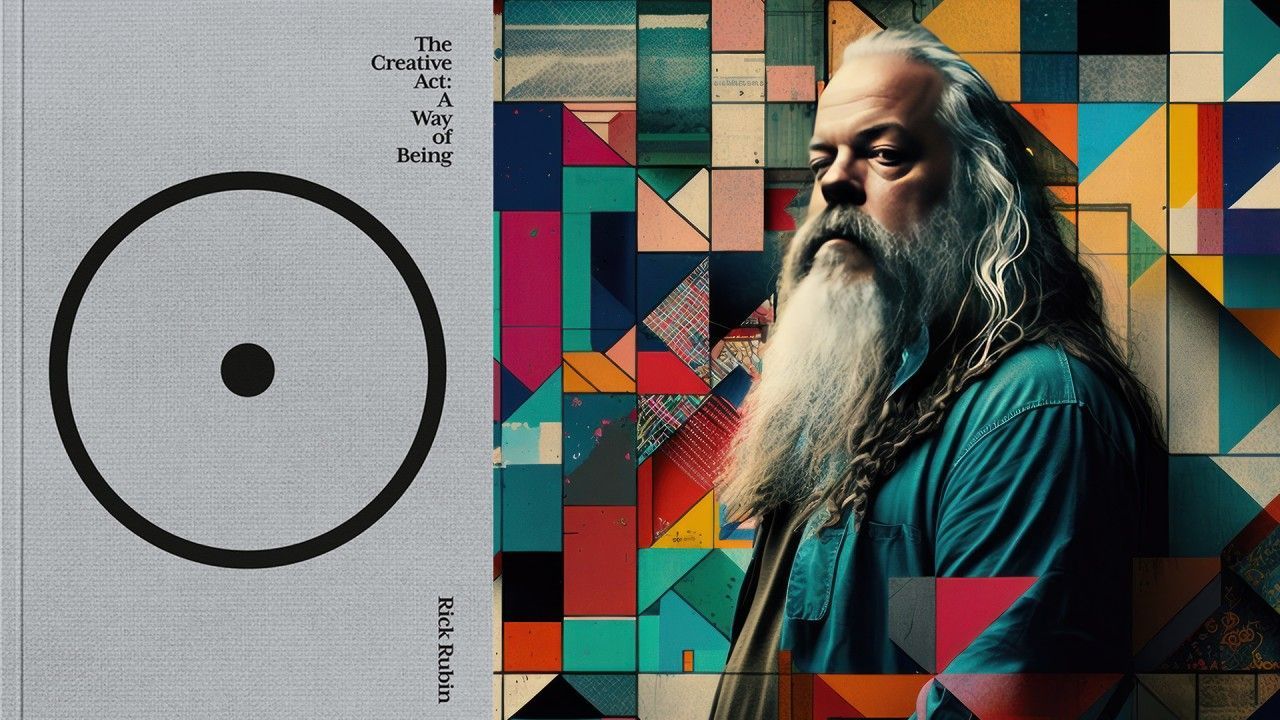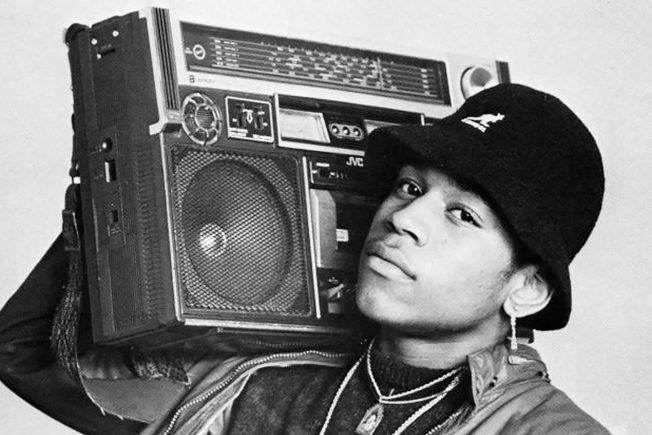Do you know how to network in the music industry? This guide outlines five music industry networking tips that will help you find success and opportunity.
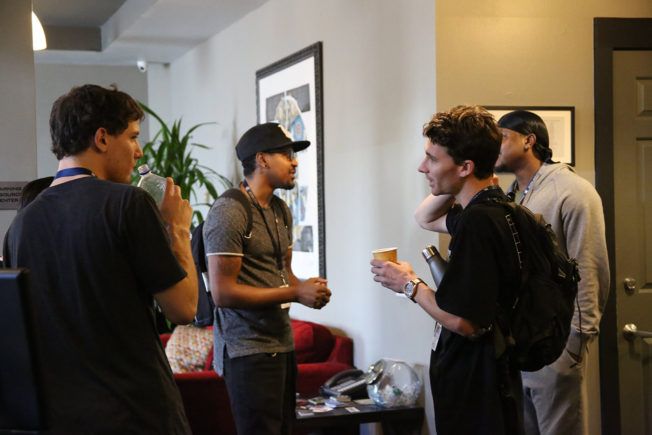
What is Music Industry Networking?
Music industry networking is standing toe-to-toe with opportunity. It’s shaking hands and locking eyes with the future you want. It’s stepping into the room as someone unknown and leaving the room as someone everyone wants to know. Also, it’s a conquest, a strategic game of words, and a play of chess with fate. Furthermore, it’s perhaps the most instrumental part of a blooming career.
Moreover, networking reveals who you are – and who you want to be. It tests you to either show your flush of cards or hold onto them in the secret of your own producing Batcave. It can also define you as a behind-the-scenes producer or the next main stage headliner.
Networking in the music industry might be exciting — and an excuse to step into the peaking sunlight for the first time in weeks — but like any derivatives of creativity, it’s an art you must learn to master in this competitive industry.
This guide offers a few tips that might help you ace your first networking experience and set you apart from, well, everyone else.
1. Attend with Intention

Music industry networking isn’t playing. It’s also not an excuse to see your favorite artists and drink more than your body weight. If you go to a show to have one — or seven — too many shots and join the sea of headbangers, then you didn’t network. You simply attended.
Networking within the music industry begins with both intention and initiative. Liquid courage never hurt anyone, but remind yourself why you’re there: to talk with industry professionals about your career. You are the walking representation of your music. If you’re slurring your words and spilling your drink on a top-tier agent’s favorite J.Crew shirt, then I can guarantee they won’t be asking to stay in contact with you — unless they want $40 for that button down.
2. Approach is Everything

Piggybacking off intention is an approach. Your approach will determine if the next five minutes will burn up or fizzle out. As much as your ego may will it, never start the conversation with your accomplishments. Instead, begin with genuine talk and clear communication. Too many times have aspiring artists tanked a vitally crucial face-to-face conversation by listing off their accomplishments like they’re reading down a grocery list. You might be the G.O.A.T. , but don’t gloat.
Additionally, credentials are everything in an industry where you have to prove yourself an asset to its longevity. However, credentials also have their time and place. Approach the professional, be friendly, and be yourself. If your nerves are still getting the best of you even with your liquid courage perspiring in your palm, then here are a few examples to help break the ice:
“Hey, how are you? My name is ______ . How’s your night going?”
Or, if you know who they are, then approach them with a little more complimentary cushion. For instance:
“Hey _____, nice to meet you. My name is _____, and I thought to introduce myself. I’m a (insert genre here) producer and a big admirer of your impact on the industry. How’s your night going?”
At the end of the day (and at the other side of your rabbit hole of social anxiety), remember that you are a stranger. Like any stranger, you would approach at a nightclub, restaurant, music studio, yoga class, or wherever you’ll find yourself on a Saturday, be mindful of what constitutes as an aggressive advance. Instead, be sincere, be open, and be polite. Ask about them, why they are here, and if they come to this location often. Parallel your approach to how you would first interact with someone you’d want to escort to the dancefloor. After all, both methods require the same string of courage.
Genuine conversation and sincerity in your advance will determine whether or not that agent will want to hear your spiel — and dance with your destiny.
3. Know Your Brand like the Back of Your Hand
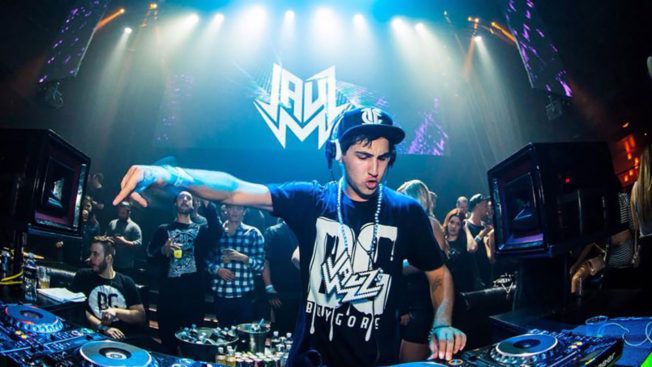
The most vital gem to your pitch – much less, your whole music career – is your brand. Who are you? What do you stand for? Who do you stand for? Why are you even doing this? Why are you in the middle of a crowded dimly-lit nightclub on a Tuesday night, standing in front of powerhouse music agent, cringing at your own voice and trying to breathe despite your racing heart? What is the tangible, concrete representation of your music that will speak influence, longevity, and an undeviating amount of cash flow? Why did you sign up for this — and voluntarily?
Agents, managers, or promoters might ask these questions a bit differently, but they’ll still require the same roll of answers. Your best bet for tackling all these questions at once is in a short 3-4 sentence summary. Be concise, be direct, and speak with confidence. If your brand revolves around emulating the sound of the ocean, you could say something like this:
“My name is Oceanic because I want to make waves in my listener’s lives through my upcoming Deep House E.P. Every song has tropical additives, bringing different and stylistic elements to a long-standing genre.”
After introducing your brand, you could follow up with:
“I already have support from _____ and _____, and will start releasing music by the end of this month.”
Concise and straightforward lets them know that you have support in the now and are planning to keep chiseling at the future with new releases. Wax on, wax off. Suave on, pride off. Also, whatever your time period is in releasing music, it’s good to make clear that you have longevity. You’re not about to burn out — you’re a wildfire that can’t be put out.
4. Read Body Language like a Professional

UCLA research has shown that only 7% of communication is based on the actual words we say. As for the rest, 38% comes from tone of voice, and the remaining 55% comes from body language. If you’re not paying attention to the 55% when you’re speaking to someone, then chances are, your efforts could be going in one ear and right out the other.
A creative professional knows that observance should always come before impulse, while an amateur will approach at any cost. Without creepily staring for too long, the professional will take notice of the manager, agent, or artists’ posture. Are their shoulders collapsed forward, or do they stand in an upright position? Are they surrounded by people, and already invested in long conversations? Do they look nervous or stressed? Are they on the phone?
As an artist and a music industry professional, you should be reading their body language long before you ever step foot in front of them. Why? Because there’s nothing worse than approaching someone who didn’t want to be approached in the first place. A professional knows that the next best thing to a mobile “Do Not Disturb” sign is a clenched jaw, a tightened neck, a furrowed brow, or a nose deep in an iPhone. When the coast is clear, and the professional makes their move, then they are ready to read the obvious gestures of reception versus resistance. Below are further examples:
Receptive body language
- Moving or leaning closer to you
- Relaxed, uncrossed limbs
- Long periods of eye contact
- Genuine Smiles
- Engaging in the conversation
Resistant body language
- Moving or leaning away from you
- Crossed arms or legs
- Looking away or around them for someone else
- Feet pointed away from you, or towards and exit
Music industry professionals know these signs. They also know when the negative body language occurs, they can either think on the spot and adjust their pitch. However, if the other party still resists, then the professional politely excuse themselves, thank’s them for their time and moves onto the next person, undaunted and ready to conquer.
5. Know When To Close

Considering they haven’t started crossing their arms yet or looking for an out of the conversation, you may proceed to ask for their contact information to keep in touch. Regardless of how the conversation is going, this is the close. This closing approach is also the way to end a conversation while you’re ahead. It’s often better to ask for the treasure at the end of the long, and possibly drab exchange. Below are some examples of casual ways to close the conversation and get your hands on that business card:
“It was so nice talking to you. Any chance we can stay in touch, and I can send you my new releases?”
“Hey, thank you so much for your time. I’m really interested in staying in contact. Do you have a card?”
“I would love to talk with you sometime outside of this crowded nightclub. Can we exchange information?”
Music industry networking is where professionalism meets practice and action. Try drafting your spiel and practicing aloud. Also, consider performing your pitch with your friends and family to become more comfortable. You could even try reading their body language in casual conversation. When you feel you’re polished and ready, pick out events that align with your type of music and to get prepared to start talking like the professional you are.

Turn your passion for music into a Profession: Learn more about our Music School Programs!
MORE ARTICLES FROM THE ICON BLOG
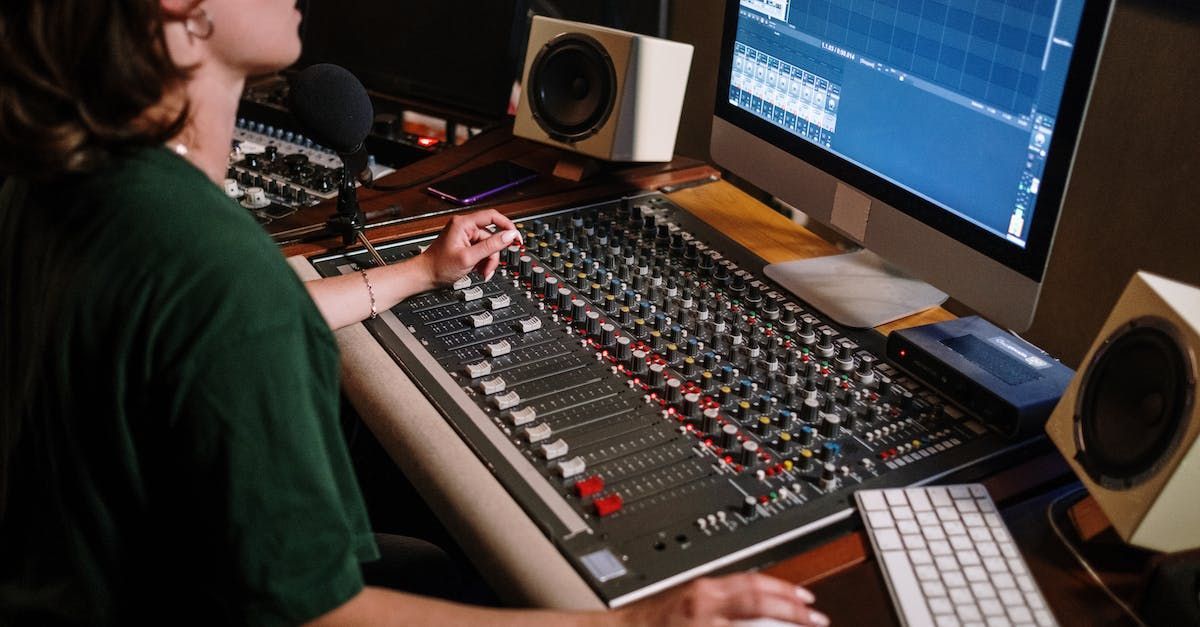
FIND YOUR SOUND, HONE YOUR CRAFT:
Are you ready to turn music into a career? ICON prepares students to become music producers, composers, performers, recording artists, professional DJs, and entrepreneurs in the entertainment industry. Click below to get information about our award-winning programs:
